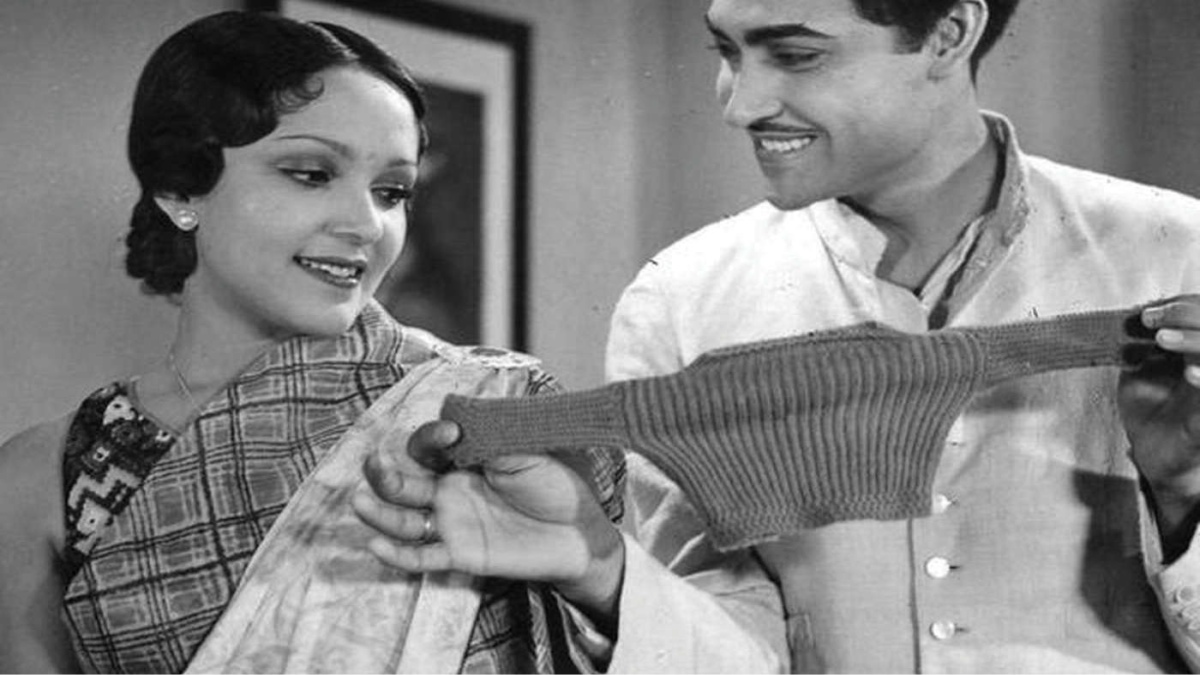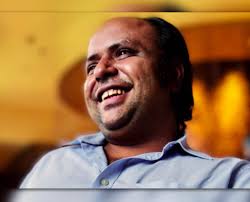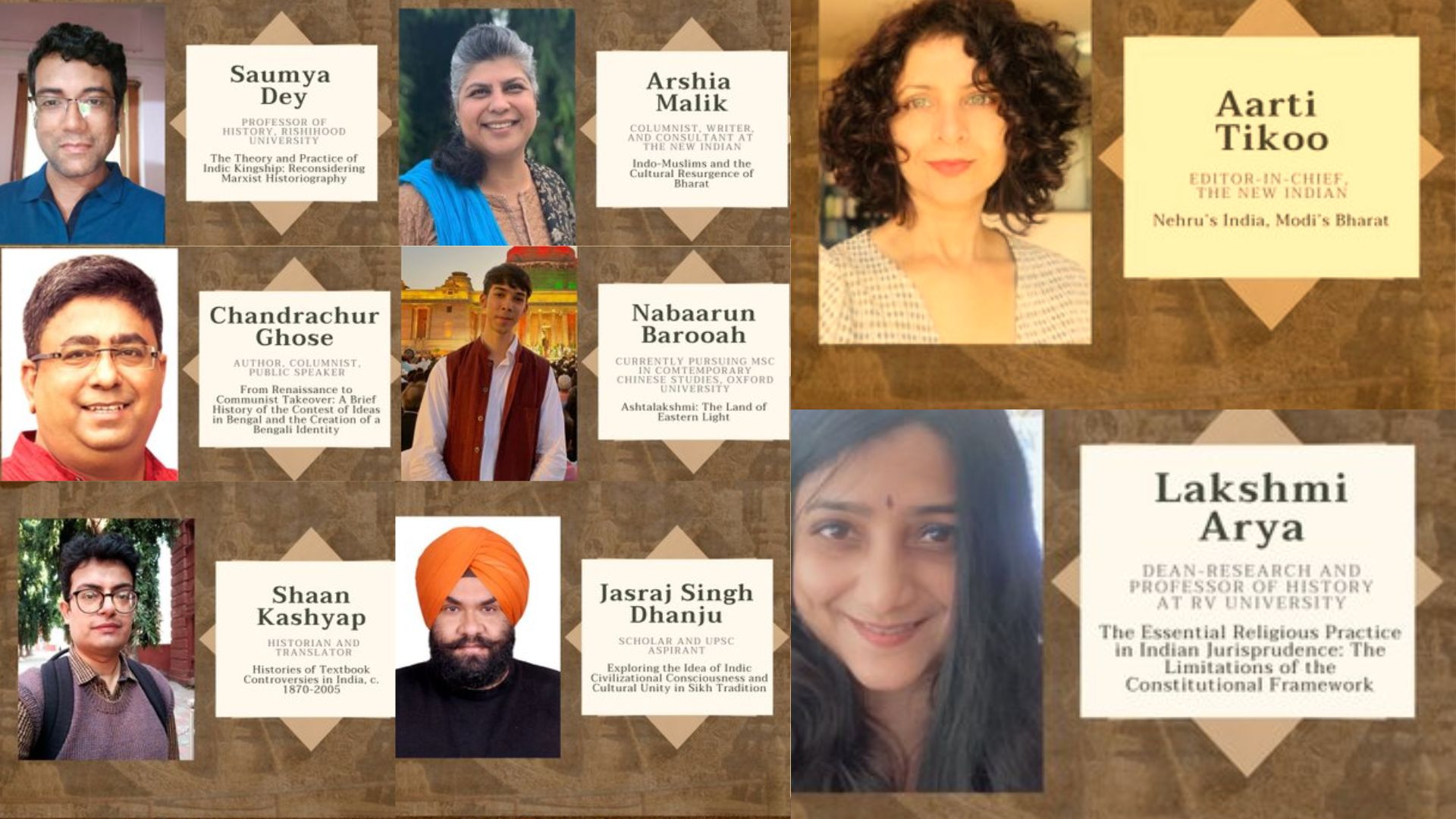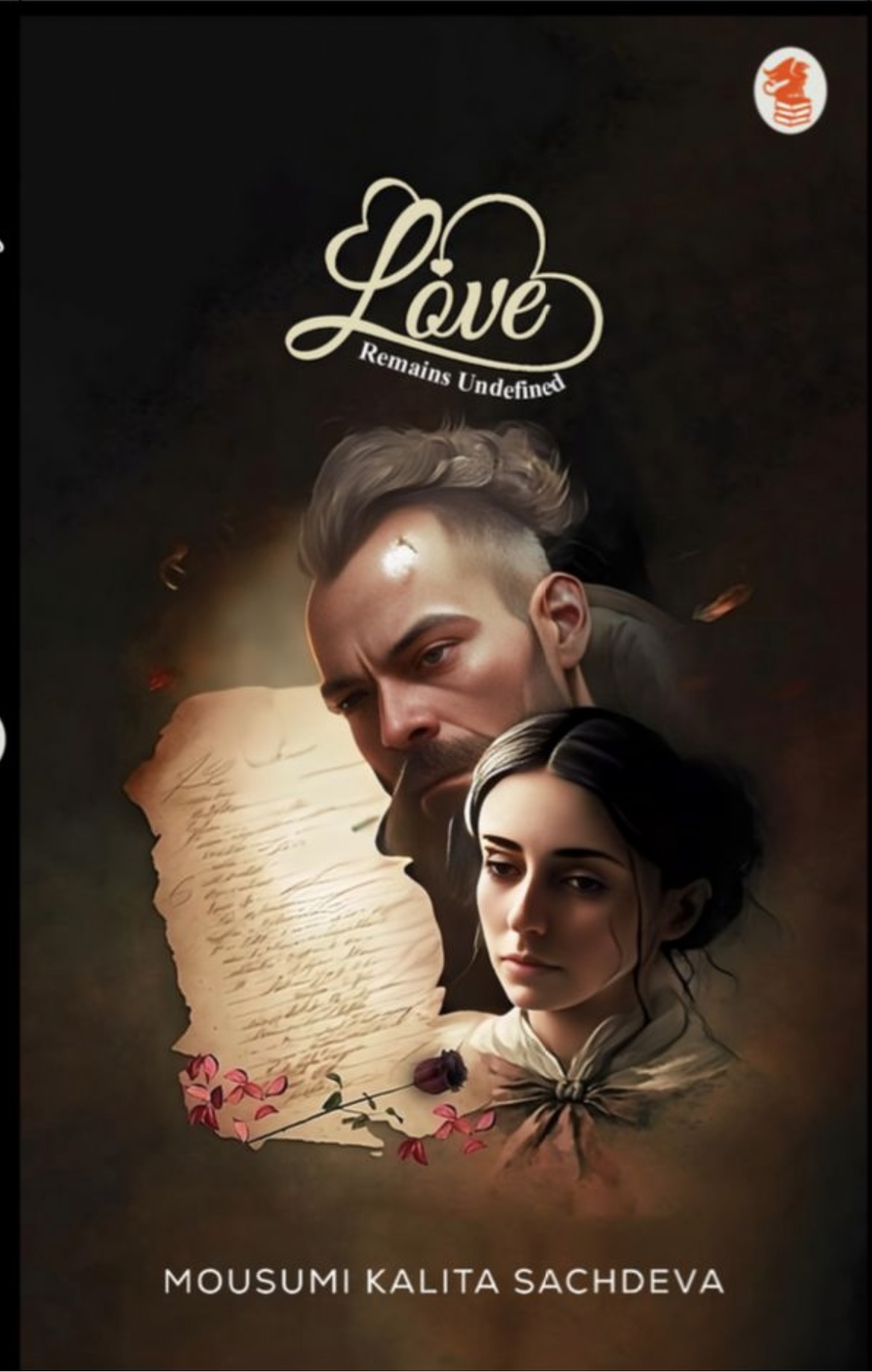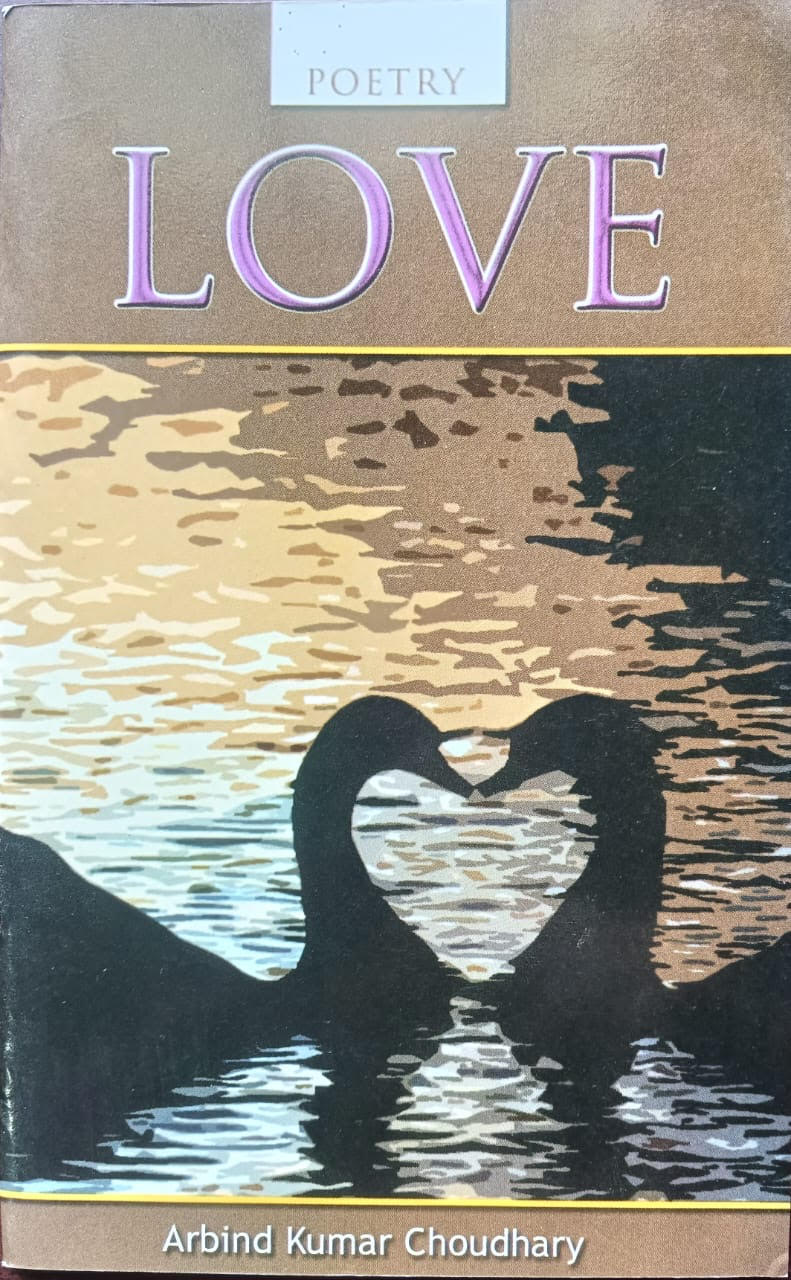The year is 1933 and Karma is opening at London’s Marble Arch Pavilion cinema hall with four hundred people in attendance. Newspapers are raving about the film’s heroine, Devika Rani, and audiences are intrigued by the contradiction of her “virginal and traditional saree-clad looks” and her “sensual abandonment” as she kisses the hero on screen—which would go on to become the first and the longest kiss in Indian cinema—and inspire the title of Kishwar Desai’s newest book.


After stumbling across some films produced by Himansu Rai and featuring Devika Rani at the National Film Archives 15 years ago, Kishwar Desai embarked on a journey to come up with a biography that would do justice to the brilliance and complexity of Devika Rani. After unearthing Devika’s personal and professional letters, conducting interviews with people across the world and turning it all into a lucid and engaging narrative during the 2020 lockdown, Desai has succeeded in presenting the story of the “Bengal tigress” in The Longest Kiss. She talks about the book and more in an interview with The Daily Guardian. Excerpts:
Q: The book took you more than a decade to finish. What encouraged you to put in that sort of time and research? What were the biggest challenges on the way?
A: I loved the character of Devika. When I started looking at her cinema, which was, of course, produced by Himansu Rai, I saw this fantastic couple, but it was Himansu who was always projected as a great filmmaker, credited with setting up Bombay Talkies, while Devika’s role was neglected. I felt uncomfortable with that story and kept thinking that there must be more to it. Devika was so gorgeous and talented, that it did not seem appropriate to me that she was always sidelined. Moreover, though she was widely respected, after she eloped with Najm-ul-Hassan, she was rather vilified. So, that became the biggest challenge—to find any material written about her because it had not been done before. Maybe scanty details about her as an actress or her marriage with Svetoslav Roerich, but nothing about who she was as a person. I talked to a lot of people—I am not going to take any names—and found her personal letters. And I wanted the book to be grounded in genuine research, not based on gossip. So, this is her story.
Q: Researching and writing about a person in such great depth must have needed a major emotional investment too. You also had to put yourself in her shoes for creating the book’s narrative. How did you deal with that as a writer?
A: Presenting facts in the form of a story is a device which is used a lot in historical writing these days. Some things in the narrative are from my imagination, but I have referred to things which did happen in that time. But I could also relate to Devika a lot, especially as a workaholic myself. She was extremely modern, hardworking and career-oriented.
Q: Between her public and private selves, Devika Rani was a very complex figure. What made her so unprecedented and different from her peers?
A: She came from a privileged background, was related to the Tagore family, but she stepped out of that and took on various roles in the film industry, a space which was not deemed suitable for women. And she did not just act, she danced, did costumes. In fact, for Karma, she wrote the original draft. So, while she was gorgeous, it was her brilliance which set her apart. She was much brighter than the boys and put great emphasis on having educated people in her films—which was also needed to run the business, because how were you to get people to invest in films if they were looked down upon? She was also very disciplined—going to work at 8 am—and someone who commanded a lot of respect. Other actresses from that era, like Meena Kumari and Nargis, were good at what they did too, but not to the extent that Devika was. And despite hardships, she was constantly firing back, she never played the victim.
Q: But she also retired from the limelight after Bombay Talkies.
A: That was a choice. She did not want to do things everybody else was doing. Financially, it was a strain too. There were huge overheads, 400 salaries to be paid. And Svetoslav, who she was madly in love with, was very reclusive. So, she followed him when they went to live in the hills. But who she eventually became was not who she was.
Q: Why did you choose to name a book on her life and times after that ‘longest kiss’?
A: It is metaphorical. Devika Rani was bold and brave, never shying away from things, and able to sustain herself through the criticism as well as the accolades which came her way. She could enjoy that kiss and also live with everything which came with it in that time. The title is a nod to that.
Q: The book does not speak only about Devika Rani, but also a moment in Indian cinema which was much more ‘globalised’, with a healthy transnational exchange of skills and ideas. Is there a lesson for producers and filmmakers looking Westward today in the story of Bombay Talkies?
A: Their [Himansu Rai and Devika Rani’s] internationalism was rather different. They brought people from other countries here to work with or under them. Despite the initial Orientalism in Himansu Rai’s work, they desired to create great cinema which would be accepted both abroad and in India. And Devika had very strong Indian roots which she did not want to abandon. She could have made her place in Hollywood but chose not to quite deliberately. In this regard, they had a very modern perception—they understood foreign audiences but did not want to compromise on their Indianness. It is also important to note that this was all in the pre-Partition era, before the imminent flux. But they did create a value chain, which others could then add to.
Q: As someone who has written both fiction and non-fiction, do you prefer one over the other?
A: It is the story which captures my imagination—I cannot rest easy unless I get it out of my system. This book has been the most difficult to write but I have enjoyed it. But I would say fiction is more fun, there is lesser rigour and self-censorship.
Q: What are you writing about next?
A: I have two books coming up—a work of historical fiction, which I am very excited about, and another biography. I think I am quite hooked on to biographies right now.

